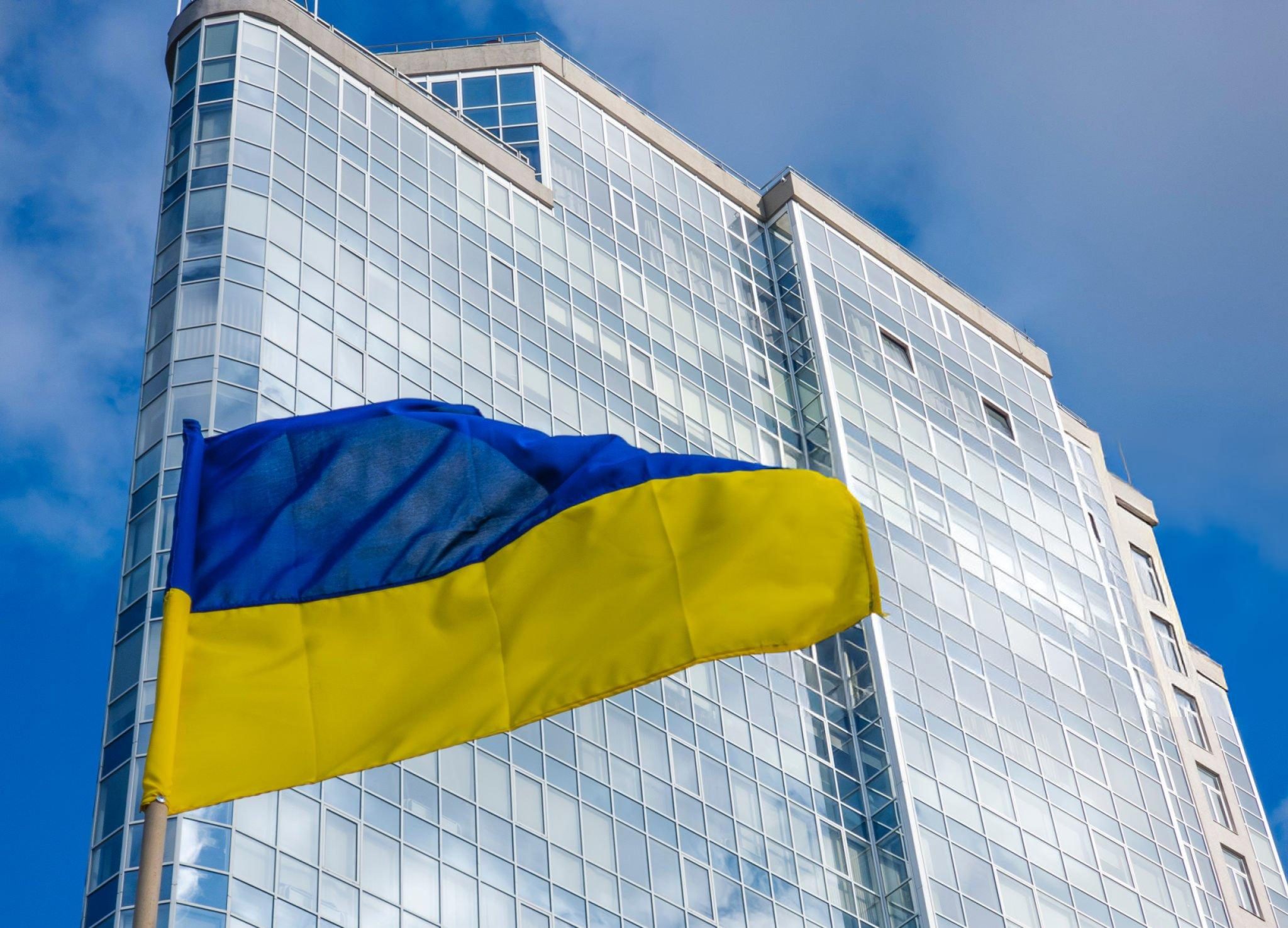Zelenskyy Proposes Extension of Martial Law and Mobilisation Until February 2025
President Volodymyr Zelenskyy has proposed to Ukraine’s parliament, the Verkhovna Rada, an extension of martial law and general mobilisation in the country until 7 February 2025. This move, outlined in two draft bills (No. 12151 and No. 12152), represents an ongoing response to the sustained threat from Russia’s invasion, which began in February 2022.
Details of the proposal
The legislative documents were introduced on 28 October, seeking parliamentary approval for another extension of Ukraine’s state of emergency measures, including both martial law and nationwide mobilisation. Draft bill No. 12151 recommends extending martial law from 10 November 2024 to 7 February 2025, while draft No. 12152 focuses on continuing the policy of general mobilisation to sustain the active defense and security efforts across the nation.
Since the start of the full-scale invasion by Russian forces, martial law and mobilisation have been repeatedly extended. These measures have now become regular tools in Ukraine’s strategic response, helping mobilise resources, protect citizens, and coordinate defensive operations. If approved, the new extension will mean that Ukraine has remained under martial law and general mobilisation for nearly three years.
Background and reasons for the extension
The proposal to extend martial law underscores the continued intensity of the conflict. Martial law grants Ukrainian authorities broader powers to impose curfews, restrict movement, control public gatherings, and mobilise civilians and industries toward the war effort. With general mobilisation, Ukraine’s military can sustain recruitment efforts, call up reservists, and deploy all available resources to the frontlines. This has been crucial in maintaining Ukraine’s defense and stabilising areas under threat.
Despite some successes on the battlefield, the challenges remain formidable. Russia’s presence and operations continue along various frontlines, especially in the eastern and southern regions, where Ukrainian forces have pushed back but face entrenched opposition. The ongoing threat has made such extensions necessary to ensure Ukraine’s readiness and response capabilities.
Implications of prolonged martial law
For the people of Ukraine, the extension of martial law and mobilisation reflects both a commitment to national defense and an acknowledgment of the hardship imposed by the war. Under martial law, daily life is significantly impacted, with movement restrictions, curfews, and enhanced government oversight over civilian activities. The prolonged period under these restrictions has tested the resilience of Ukrainian society, as citizens adapt to the realities of a protracted conflict.
Mobilisation, meanwhile, has a direct impact on the workforce, as individuals of eligible age are required to serve in the military, placing additional pressure on families and industries. The government has implemented various support systems to mitigate the impact on affected families and to encourage public morale, which remains high despite the sacrifices involved.
Strategic goals and international support
The extension of martial law and mobilisation also aligns with Ukraine’s broader military and strategic objectives. Ukraine’s military has steadily progressed with counteroffensives aimed at liberating occupied territories, and while advances are often hard-won, they contribute to a cumulative effect on Russia’s resources and morale. Ensuring sustained mobilisation supports these ongoing operations, as Ukraine seeks to maintain momentum and prevent Russia from consolidating its control over occupied areas.
This proposed extension comes amid continued international support, with NATO allies and other global partners supplying essential military aid, intelligence, and financial assistance. These resources have been instrumental in bolstering Ukraine’s defense capabilities, particularly as the war enters a challenging phase with winter conditions approaching. The government’s commitment to maintain a high state of military readiness aligns with the confidence that international allies place in Ukraine’s efforts, reinforcing its role in regional stability and resistance to Russian aggression.
Political and legislative process
The decision to extend martial law and mobilisation ultimately lies with the Verkhovna Rada, which has thus far been supportive of measures proposed by President Zelenskyy in response to the invasion. Since 2022, the Rada has consistently approved extensions of these emergency powers. Given the severity of the situation and the clear need for sustained national defense, it is likely that the parliament will once again approve the President’s request, allowing for the measures to continue uninterrupted into early 2025.
Conclusion
Zelenskyy’s proposal to extend martial law and mobilisation until February 2025 underscores the persistence of the security threat posed by Russia and Ukraine’s commitment to maintaining its defense posture. This extension, if approved, will ensure that Ukraine remains prepared for the prolonged conflict while securing essential international support. The resilience and unity displayed by Ukraine under martial law have bolstered its ability to sustain this extended fight, with citizens and government alike adapting to the ongoing sacrifices in the hope of a secure, sovereign future.







